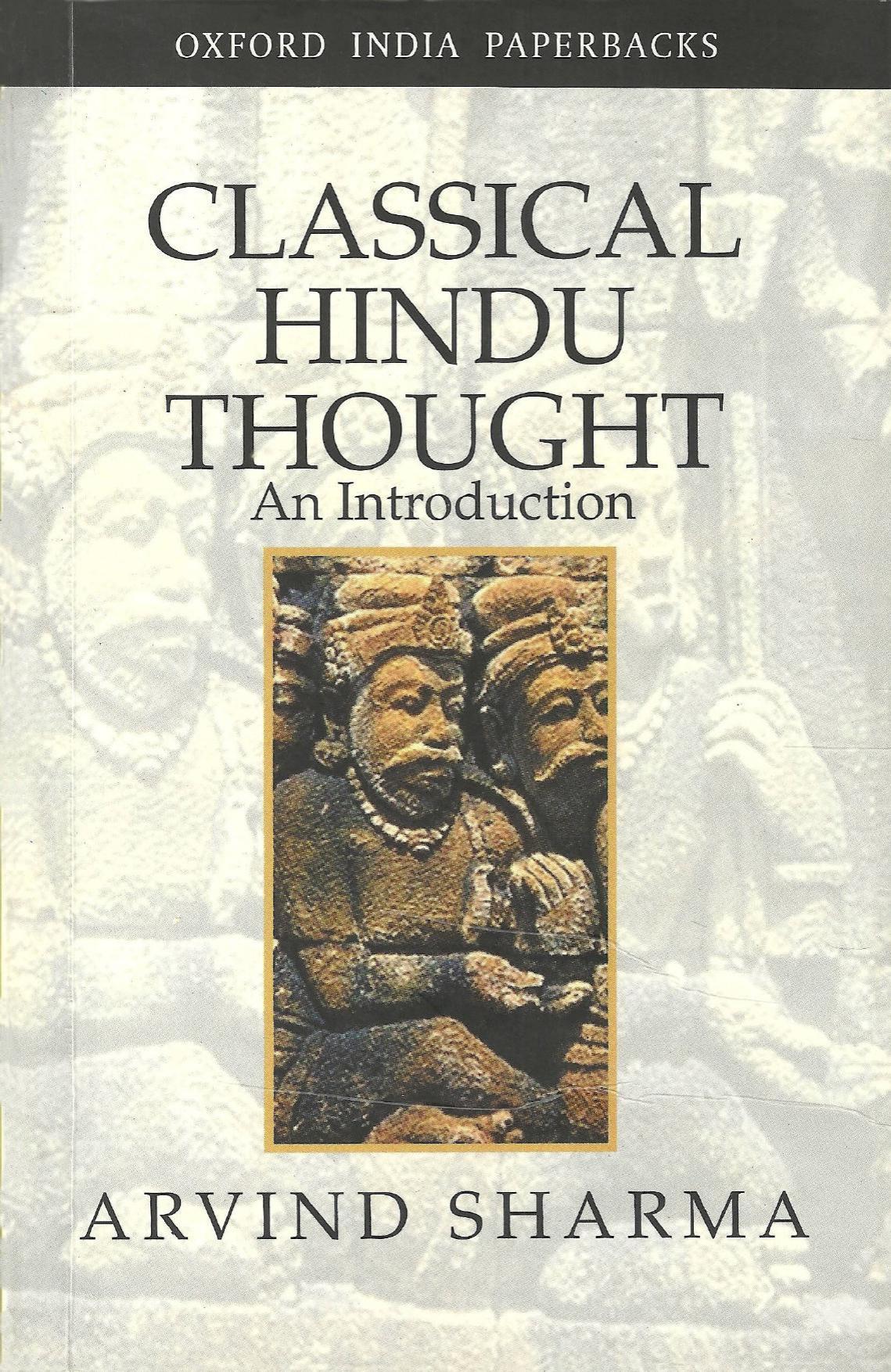

Most ebook files are in PDF format, so you can easily read them using various software such as Foxit Reader or directly on the Google Chrome browser.
Some ebook files are released by publishers in other formats such as .awz, .mobi, .epub, .fb2, etc. You may need to install specific software to read these formats on mobile/PC, such as Calibre.
Please read the tutorial at this link: https://ebookbell.com/faq
We offer FREE conversion to the popular formats you request; however, this may take some time. Therefore, right after payment, please email us, and we will try to provide the service as quickly as possible.
For some exceptional file formats or broken links (if any), please refrain from opening any disputes. Instead, email us first, and we will try to assist within a maximum of 6 hours.
EbookBell Team

4.0
76 reviewsMost of the key concepts of Hinduism either originated, or were fully articulated, during the classical period from the fourth century BC to the tenth century. Classical Hindu Thought introduces contemporary readers to the texts and ideas that crystallized during this period and sets out to explain their contemporary relevance.
The book is divided into sections dealing with key concepts such as karma, dharma, maya, moksa, and varna; the main gods and goddesses of the Hindu pantheon, Devi, Siva, Brahma, Visnu; and texts such as the Purusasukta and the Vedas. It also discusses the notion of salvation through knowledge, devotion, and action--Jnana-yoga, Bhakti-yoga and Karma-yoga, and accords special and detailed consideration to one of the most misunderstood aspects of Hinduism--the concept of varna or the caste-system.
Written effortlessly, this book offers an excellent grounding in the rich and diverse traditions of Hindu thought. It is a useful resource for both the general reader and the specialist.
---------
This introduction to classical Hinduism is divided into sections dealing with key concepts such as Karma, Dharma, Maya, Moksa, Varna; the main gods and goddesses of the Hindu pantheon--Devi, Siva, Brahma, Visnu--and texts such as the Purusarthas and Vedas. It also covers different systems of yoga: Jnana, Bhakti, and Karma yogas.